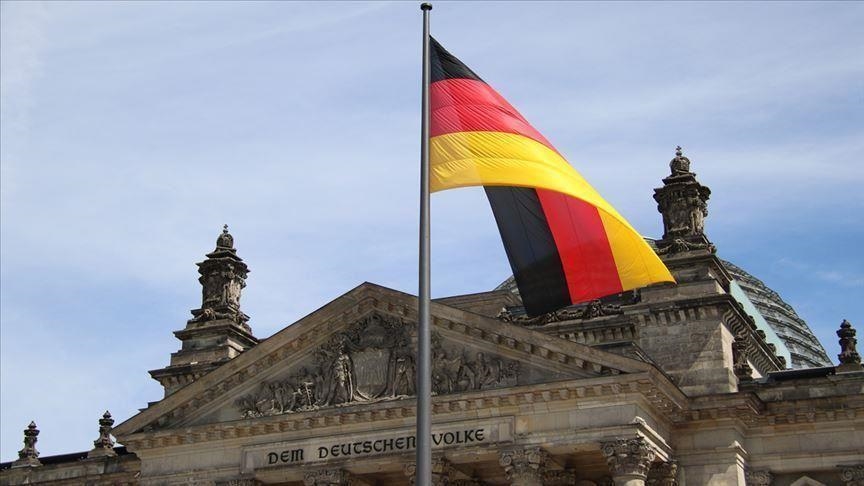BERLIN
The German government is nationalizing a former subsidiary of the Russian state-owned company Gazprom, the Economy Ministry announced on Monday.
Formerly known as Gazprom Germania, Securing Energy for Europe GmbH (SEFE) is a network operator, and indirectly controls Germany’s largest gas storage facility in the northwestern town of Rehden.
The Economy Ministry justified the nationalization measures in a statement on Monday with an imminent insolvency of SEFE which would endanger the security of supply in Germany.
“This jeopardizes the continuation of SEFE’s business operations and thus the gas supply,” it said in a statement, adding that the legal basis for the decision was the country’s Energy Security Act.
The ministry emphasized that SEFE is a key company for the energy supply in Germany. It has been under the trusteeship of the Federal Network Agency since April.
According to the ministry, this was preceded by an “opaque sale” of the firm to another Russian company and their attempt to liquidate the company, while pointing out that “the ownership structure is still unclear.”
SEFE has been in serious financial difficulties since spring as a result of Russia’s war in Ukraine and the Kremlin’s decision to cut energy supplies to Europe.
A major problem was also the fact that business partners and banks were ending their business relationships with SEFE or not wanting to start new ones due to the unclear ownership structure.
The German government also founded a holding company to carry out a capital increase. The company gradually brings in fresh share capital, totaling €225.6 million ($233 million).
“The change of ownership is complete,” the ministry said, while the EU Commission had already approved the provision of the new share capital on Saturday under state aid law.
The federal government had already stabilized the company in spring with a KfW bank loan totaling €11.8 billion.
The ministry announced that it plans to raise the KfW loan to €13.8 billion as part of a debt-equity swap arrangement by the end of the year.
According to the ministry, the measures will be financed from the “defense shield” of the Economic Stabilization Fund which totals around €200 billion.

